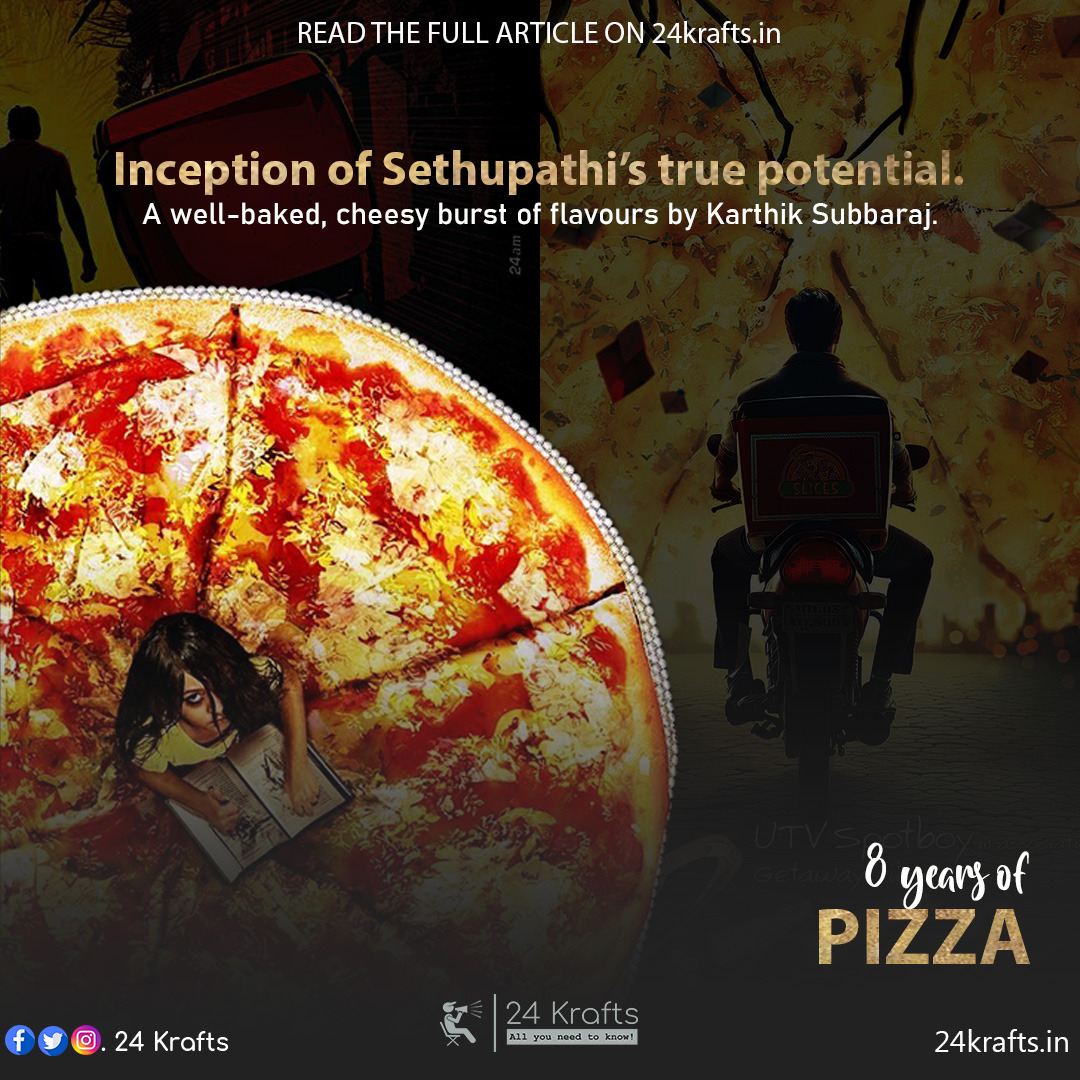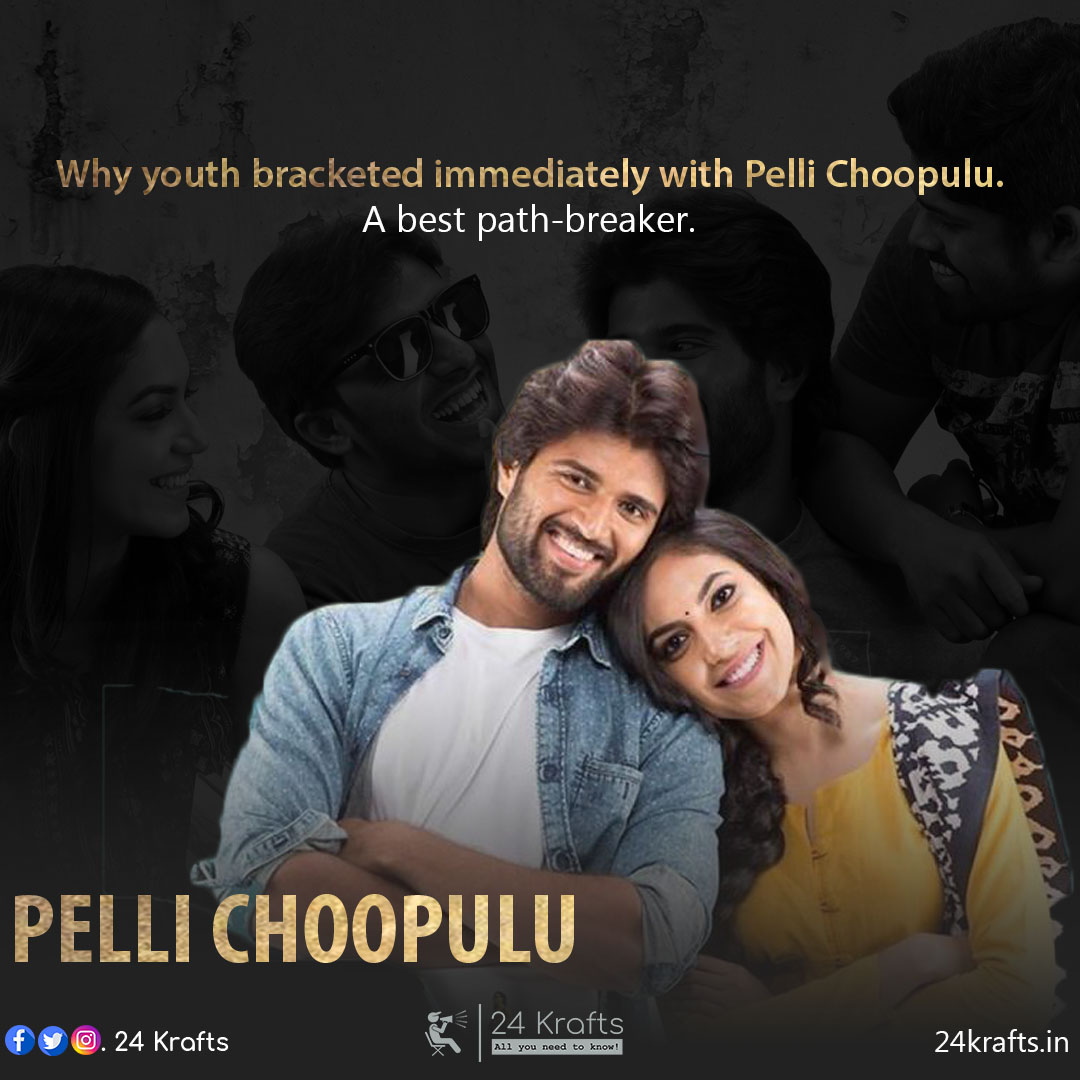Nayakan, directed by Mani Ratnam, Kamal Haasan in the protagonist role and music by Ilayaraaja, is still seen as a masterpiece. This Godfather adaptation is considered as one of the best gangster movies, made in India. The movie released in 1987, listed in TIME’s All-time 100 best films and CNN IBN’s 100 greatest Indian films of all time. This movie was made in Tamil originally, after its critical acclaim, it was dubbed in Telugu as well and released in the name of Nayakudu. It equally was a superhit. This movie was in Mani Ratnam’s initial career and yet he tailored this movie into an all-time masterpiece.
The movie begins with a small boy, Shakthivel Naicker aka Velu running from police to protect his father from them. His father being a union leader is targeted by police who have orders to shoot at sight. The boy doesn’t understand why his father was targeted even if he was someone who helps others. The police shoot him and the boy takes revenge by killing that officer and takes the train to Bombay. The idea of the opening scene is grippy for the audience because the movie starts with a conflict. The conflict of deciding what is right and wrong and how that grows with that boy is something very interesting. He then finds shelter under a kind smuggler Hussein Bhai. The dialogue that he says “Naalu perukku nalladhu seyyanumna edhuvumay thapilla!!!” (If you want to help others, there is nothing wrong.) This is the dialogue on which the entire theme of the movie revolves. For the conflict of right or wrong that he had in the beginning, has now an answer, but little does he know that it was temporary.
He is devoted as a godfather after he kills the inspector Kelakar, who is the reason for Bhai’s death. Everyone opts him to be the one in control because of his courage and his revolutionary approach towards everyone’s problems. His ideology is based on what Bhai tells him, if our act is to help someone out, then it isn’t a mistake in any way. He builds his approach on the thought that, to survive, to eat and sleep in peace, we must revolt back. He tells a dialogue when his daughter asks how can he take justice in his hands to correct others, he tells “Avangalellam niruththa sollu, naan nirutharen!!!” (Ask them to stop, I will stop.)
The whole movie is penned in three different states, the younger Velu, who just acts out of his rage, the elder Velu, who loses his wife and the older Velu who loses his son and in a way daughter too, as a result of his acts.
In the first stage, he understands that the system is too corrupt to help the poor and people need someone who can stand for them in all the ways, so he takes the step and tries to be the one who can manage whatever comes in their way. He builds his ideology and is in its initial state, i.e. to live, is to kill the one in power. It is because all the time, he saw the police kill his father who was a terrorist and then a kind smuggler, who didn’t overdo anything in his life. His rage is the reason for his acts in this stage.
Then the elder Velu, who knows the better and the one in charge of the one in need. He gives a back to the people who haven’t committed a sin and tries to mend if they ever do wrong. He is concerned for his family and his people and doesn’t go blindly. He now has more followers and tries to balance out the good and bad. He no more has a conflict in his mind because he thinks he can punish the ones committing the wrong. He then suddenly loses his wife in the hands of Reddiars, who are jealous of him and try to finish him. Here the problem arises in his mind whether the justice he gives is only good for the people and not for him?
Then older Velu who has many followers now and the police on his back too. His kids, Surya and Charumati are older now and are capable of anything. In order to save his own father, Surya dies in an accident and shatters Velu’s world. He now has only his daughter and she thinks because of his acts, she is in threat too. Hence, she leaves him and goes to Chennai. She marries Assistant Commissioner Patil and lives her life. Patil is now in Bombay and his target is to put Velu Naicker in jail. He tries in many ways to trap him but fails. Patil goes to Inspector Kelakar’s wife to produce evidence, but she denies and tells him that Velu gave her son a life. Patil restates that Velu killed her husband, Ajit who is mentally retarded, overhears this and decides to kill Velu.
Velu then surrenders to him through his daughter. As he goes to court for his prosecution, he meets his grandson and that kid asks “Neenga Nallavara Kettavara? Are you a good person or a bad person? To which he replies “Theriyaleyeppaaa” (I don’t know). This shows that his conflict with the truth is back in his mind. He then goes and to the court exonerates due to lack of valid and strong evidence. Right after he comes out of the court, Ajit shoots him and kills him on the spot.
The movie is tailored marvellously and we cannot skip a single, scene, dialogue or song. Mani Ratnam made sure that the background music helps the audience to understand his conflict and his thought process. The cinematography by PC Sreeram is outstanding. The top shot, after he kills the inspector and how people stand for him, is amazing. Kamal’s acting is another factor that stood out. He had to show 3 different stages of the same person and he just slayed it. His acting when his son dies is clap-worthy and we just go spellbound seeing him nailing those expressions. The whole movie goes in a great flow without any repetitions or lagging. A gangster movie is generally a little repetitive so as to see what has actually happened, but in this movie, the story is in a very crisp manner and is in a linear pattern. Everything fits just right.
Ilayaraaja’s music is another plus to this movie. The song Thenpandi Cheemayile is that one song we just hum after the movie. Saranya and Kamal acting in the song Nee Oru Kaadhal Sangeetham is something magical. The song goes so amazing we definitely listen to it on loop. The other characters by Janagaraj as Selvam and Delhi Ganesh as Iyer were great. Their roles were written to be always next to Kamal. It is always difficult to get attention from the audience while standing next to the protagonist, but these two, they were equally good with their roles and gave complete justice.
This movie has stayed and will be untouched and deserves to be on the pedestal of the great movies made in India!



